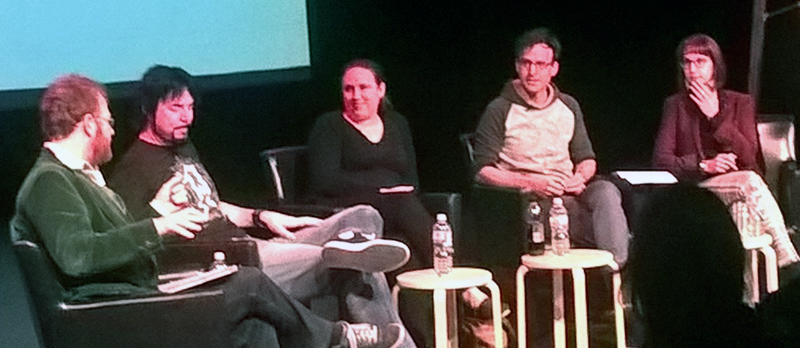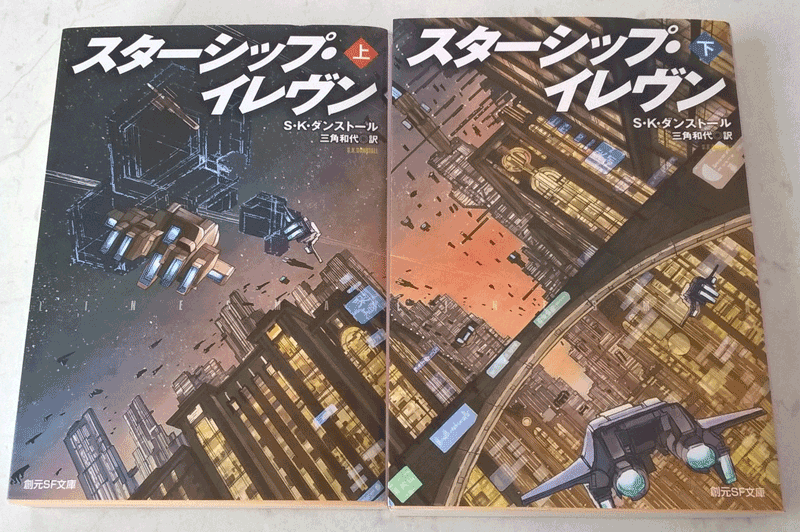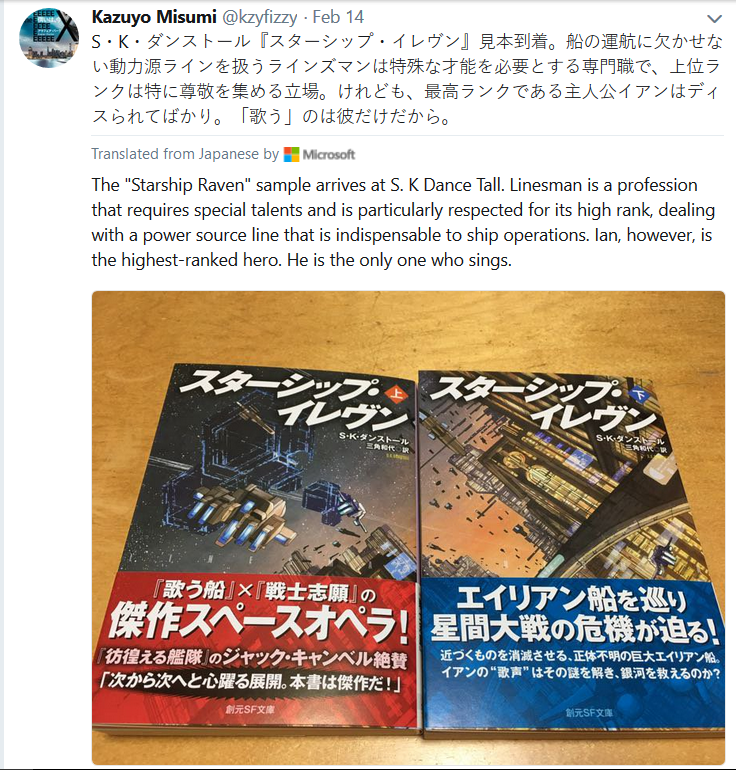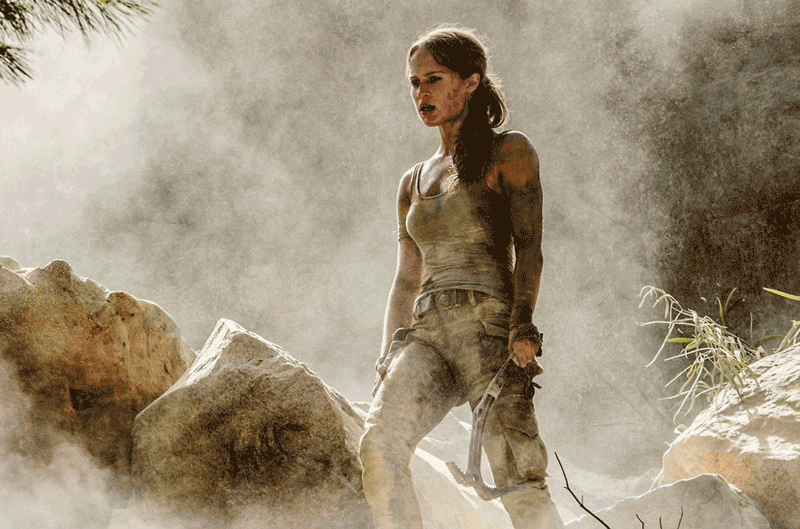
From left to right: Ben McKenzie (moderator) and dungeon master (and dragon), Jay Kristoff, Amie Kaufman, Andrew McDonald and Brooke Maggs.
I didn’t get a picture of the band, there were too many heads in the way. The band leader was Maize Wallin (maizewallin.com). Unfortunately, I didn’t write down the names of the band members, either. (I didn’t write anything, to be honest, but I took a photo of the intro slide, so at least I can name the speakers.) Music and effects were great.
Yesterday I went to the Speculate 18, which is a speculative writers’ festival, held here in Melbourne.
It was pretty good.
As festivals go, it was small. One stream, five sessions. But they were good sessions. Three in the morning, two in the afternoon.
The most fun session was the first one after lunch. Dungeons & Development: Character Under Pressure where our four panel members and the moderator did a D&D role play live on stage, with a band to add sound effects on the side.
It was lots of fun, and the dynamic between everyone worked really well.
I couldn’t pick a standout session in the more serious topics. They were all uniformly good, and I liked bits from all of them.
Two of my personal favourite bits were from Science Fiction: The Past, the Present, and What’s to Come. One was Dirk Strasser’s summary of the current state of science fiction. The most popular trends at present, he says, are climate fiction, generation ships, space opera, and gender themes. Plus Laura Goodin’s point that back in the Victorian era, genre didn’t exist. Writers like Dickens happily wrote across genres.
The audience questions from this session led to some really thought-provoking answers, too. One audience member asked whether the pace of scientific change would make science fiction irrelevant. No, Laura Goodin says, science fiction is a lens by which we see ourselves through fiction.
I have to agree with her.
A lot of people get this idea that science fiction is only about the science, and that somehow there’s no science left to discover.
I think most of us would agree that’s not true. Sure the mobile phones, artificial intelligence and self-driving cars and other things dreamed about in the forties, fifties and sixties are finally here, or nearly here, and the rate of change of some of these things has increased almost exponentially, but what about genetics? What about climate control? What about massive ocean farms?
Plus, science fiction isn’t really about science. It’s about people. As Laura said, it’s a way to see ourselves. Fahrenheit 451 is still just as relevant today as it was when Ray Bradbury wrote it, even if instead of burning books they’re burning data stores. The Handmaid’s Tale shows us a bleak, dystopian future.
Science fiction is still doing what it set out to do. Entertain us, but also make us think.
The audience questions on all panels were good. (Kudos, too, to how they kept the questioners on track. No statements, just questions.) A question on an earlier panel sparked a discussion about the things writers take out of their books. (What Sherylyn and I call our pet words.) Sadly, that got cut off because we’d run out of time.
Now, we just have to go back to our own manuscript and check for ‘somehow’. Which is, as was pointed out, a lazy way of having something happen without the author having to explain it.
Sherylyn (who came along, too), pulled her notebook out at the start of the first session. She started writing, and kept writing through the whole of session one.
“You took some comprehensive notes there,” I said, while they set up for the next session.
“Not notes,” she said. “The first thing they said, about describing the woman walking down the street. This whole idea popped into my head. I had to write it down.”
All in all, it was a good day. I was exhausted by the end, I admit. Five sessions were enough.




